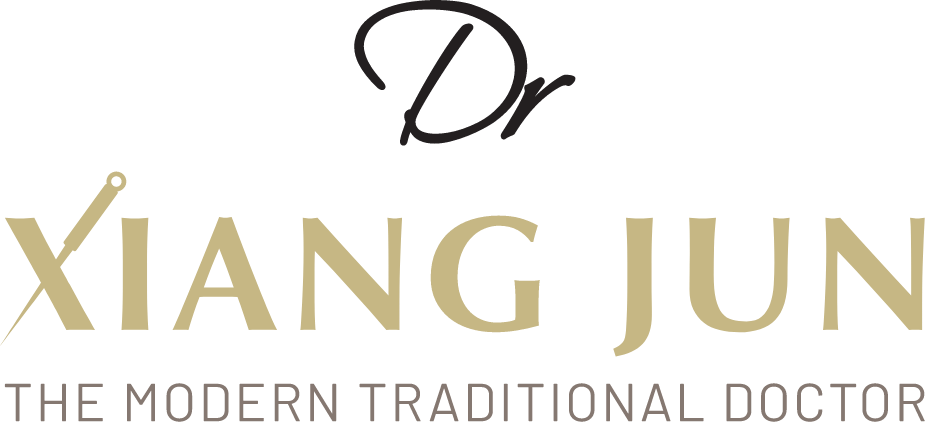Principles of Traditional Chinese Medicine
Traditional Chinese Medicine or TCM is one of the oldest form of medicine, dating back more than 2500 years. As diverged from Western medicine, Traditional Chinese Medicine views the body and the whole person as a unified organic whole. Psychological, emotional and physical aspects of a human are all seen as interrelated and interdependent. Hence Traditional Chinese Medicine is often seen as a “holistic therapy”.
Key Principles of Traditional Chinese Medicine
Key Principles of Traditional Chinese Medicine:
1. The body as an integrated whole. Every system, every structure of the body is an integral and necessary part of the whole. Along with the mind and emotions, the physical body structure forms a miraculous complex and interrelated system energized by qi/ life force. Read more about Emotional Roots of Cancer here.
2. The body is in sync with the universe and nature. Changes in universe and nature are always evident in your body. TCM recognizes and honor the fact of how the body is closely related to nature and factors in the seasonal, geographical aspects as well as the age, genetics and body constitution when treating health problems.
3. The body has a powerful self-healing ability. The body has a regenerative capacity like that of the nature. Hence TCM always attempts to tap on this powerful potential of the body through various techniques so that it can regain its healthy state without the need for external chemicals.
4. Prevention is the best cure. Health maintenance is the key in TCM as the preservation of health rather than simply the treatment of disease is one of the guiding principles of TCM. A paragraph from the earliest foundational text of Traditional Chinese Medicine back in the Warring States period (476-221 BC), also known as the “Medical Classic of the Yellow Emperor” says “In the old days the sages treated disease by preventing illness before it began, just as a good government or emperor was able to take the necessary steps to avert war. Treating an illness after it has begun is like suppressing revolt after it has broken out. If someone digs a well only when thirsty, or forges weapons only after becoming engaged in battle, one cannot help but ask: aren’t these actions too late?” Read more about how your Future depends on Now here.
Nevertheless, when an illness breaks out, intervention from TCM can help treat the illness. And when there is no illness, the constant regular TCM treatments can then upkeep the health of the person.
Further reading:

